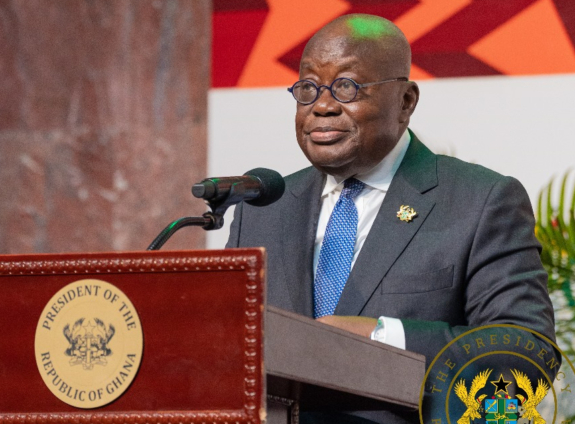The Africa Centre for Tax Policy Research (ACTOR) has urged the Government of Ghana to convert the 1% Covid-19 levy into a critical health levy (CHL).
In the past week, the conversation on the cost of dialysis, and general chronic diseases treatment, has been brought to the fore following the Korle-Bu Teaching Hospital’s abbortive 100% increment in the cost of dialysis treatment.
The hospital had blamed the removal of tax and import duty exemptions as the cause of the price hike.
According to KBTH, if the old prices are maintained, the dialysis facility would have to shut down in a matter of days.
In a statement addressing the challenge the national health insurance scheme is facing with providing coverage to non-communicable diseases in the country, ACTOR suggested the covid-19 levy be converted into a critical health levy (CHL).
According to the organisation, following the World Health Organisation’s declaration of an end to the global pandemic it is of the utmost importance for the government to redirect the funds towards the country’s weakening health system.
ACTOR stated that while there have been increasing calls for the levy to be scrapped, retaining it and using it to support critical health conditions would be much appreciated.
“Whilst recognizing the substantial contribution made by the Covid-19 levy, ACTOR urges the government not to eliminate the tax entirely, but rather consider renaming, or converting it into a new levy known as the Critical Health Recovery Levy,” it said.
It suggested that government establish an independent body to manage these funds and ensure that it is used for the intended purpose.
“However, ACTOR does not recommend channeling these funds through the National Health Insurance Scheme due to its well-documented challenges in receiving government funds in a timely manner.
“Therefore, we agree with what other concerned Ghanaians have suggested, which is, the establishment of an independent body consisting of representatives from the private sector and the Ministry of Health to manage this fund as a Trust.
“The revenue generated should be used to provide free or subsidized health care for persons in need of critical health care such as dialysis,” the group said.
Latest Stories
-
Dr Nduom hopeful defunct GN bank will be restored under Mahama administration
25 minutes -
Bridget Bonnie celebrates NDC Victory, champions hope for women and youth
32 minutes -
Shamima Muslim urges youth to lead Ghana’s renewal at 18Plus4NDC anniversary
2 hours -
Akufo-Addo condemns post-election violence, blames NDC
2 hours -
DAMC, Free Food Company, to distribute 10,000 packs of food to street kids
3 hours -
Kwame Boafo Akuffo: Court ruling on re-collation flawed
3 hours -
Samuel Yaw Adusei: The strategist behind NDC’s electoral security in Ashanti region
3 hours -
I’m confident posterity will judge my performance well – Akufo-Addo
4 hours -
Syria’s minorities seek security as country charts new future
4 hours -
Prof. Nana Aba Appiah Amfo re-appointed as Vice-Chancellor of the University of Ghana
4 hours -
German police probe market attack security and warnings
4 hours -
Grief and anger in Magdeburg after Christmas market attack
4 hours -
Baltasar Coin becomes first Ghanaian meme coin to hit DEX Screener at $100K market cap
5 hours -
EC blames re-collation of disputed results on widespread lawlessness by party supporters
5 hours -
Top 20 Ghanaian songs released in 2024
6 hours

